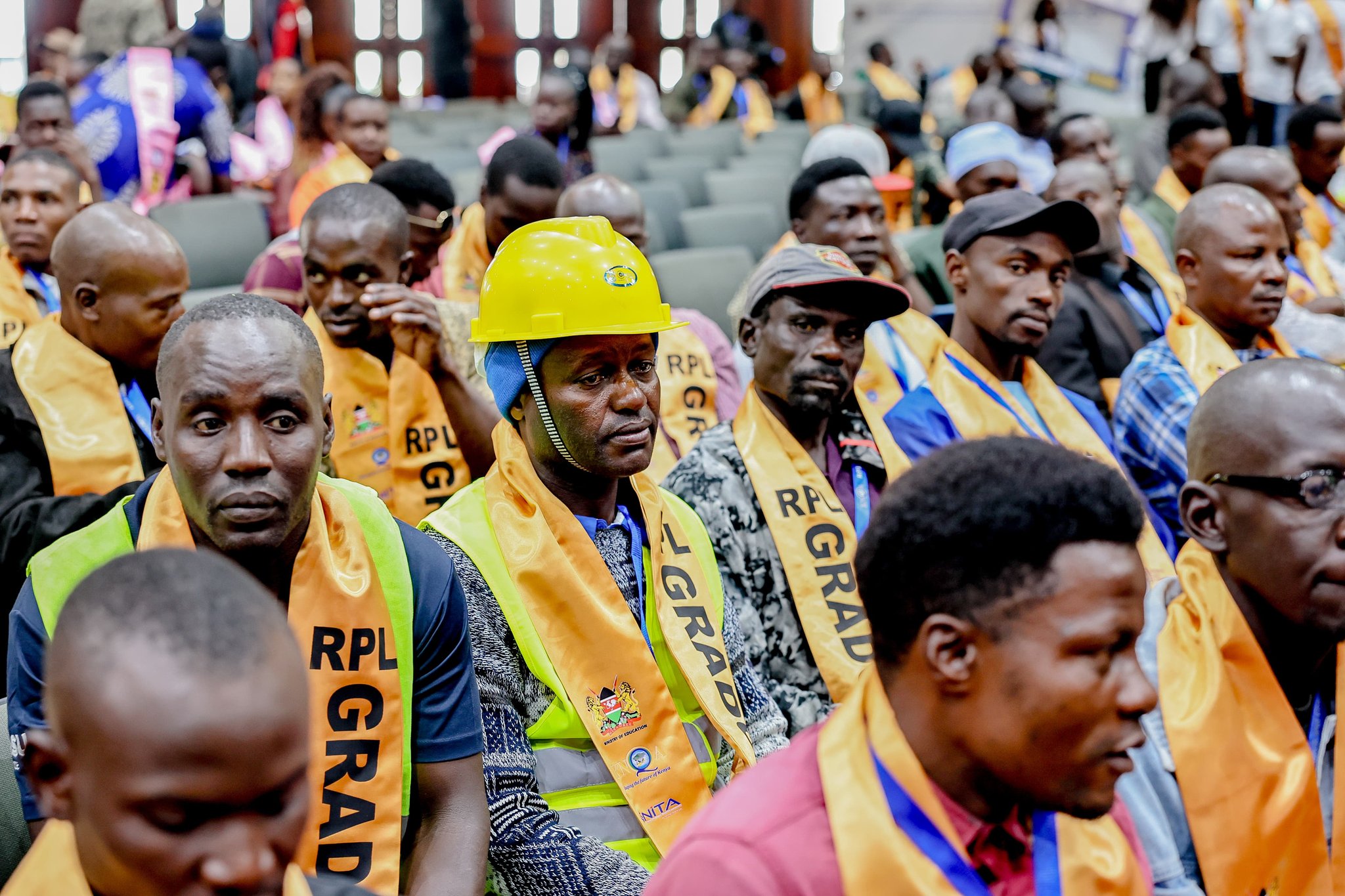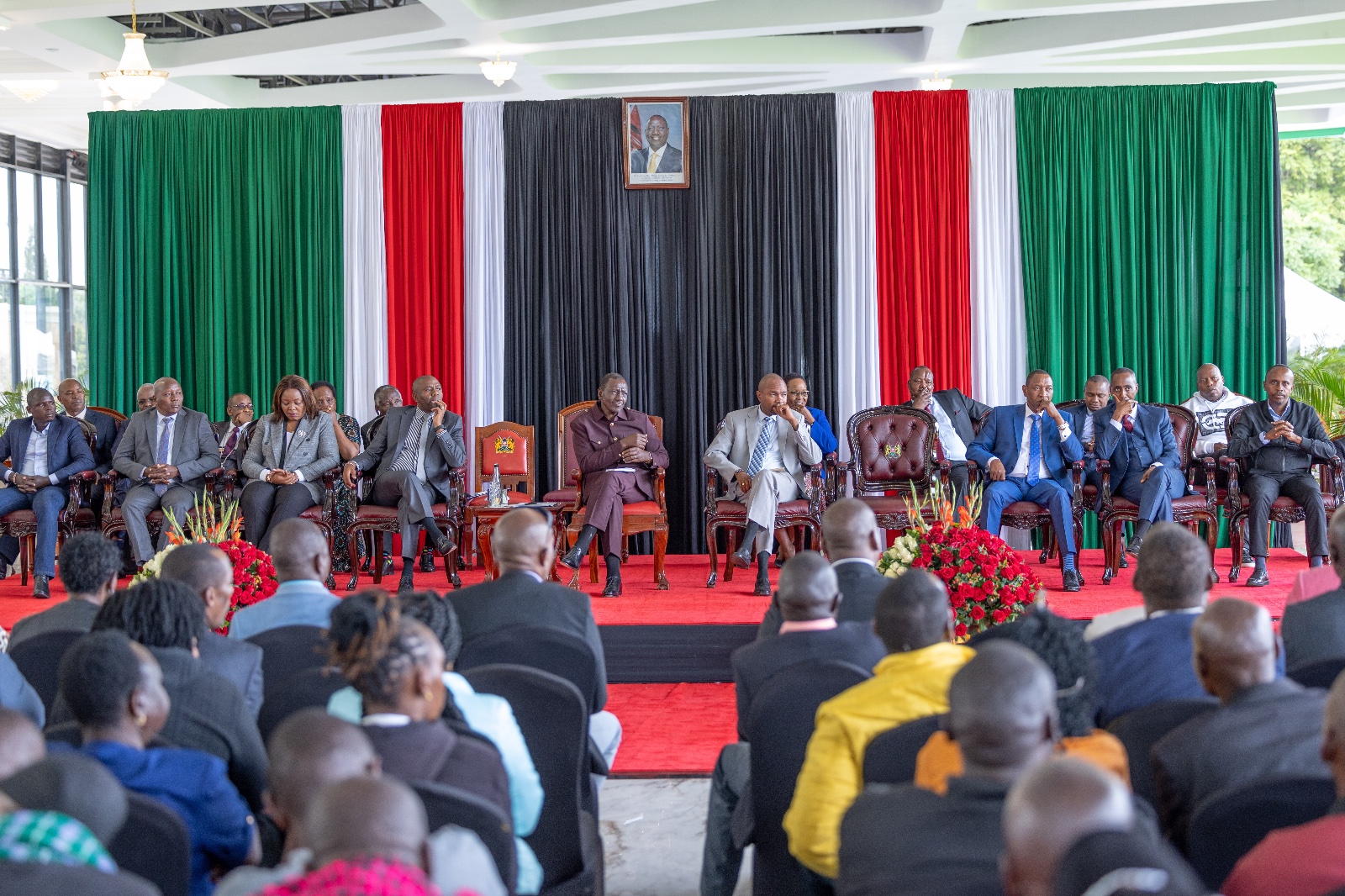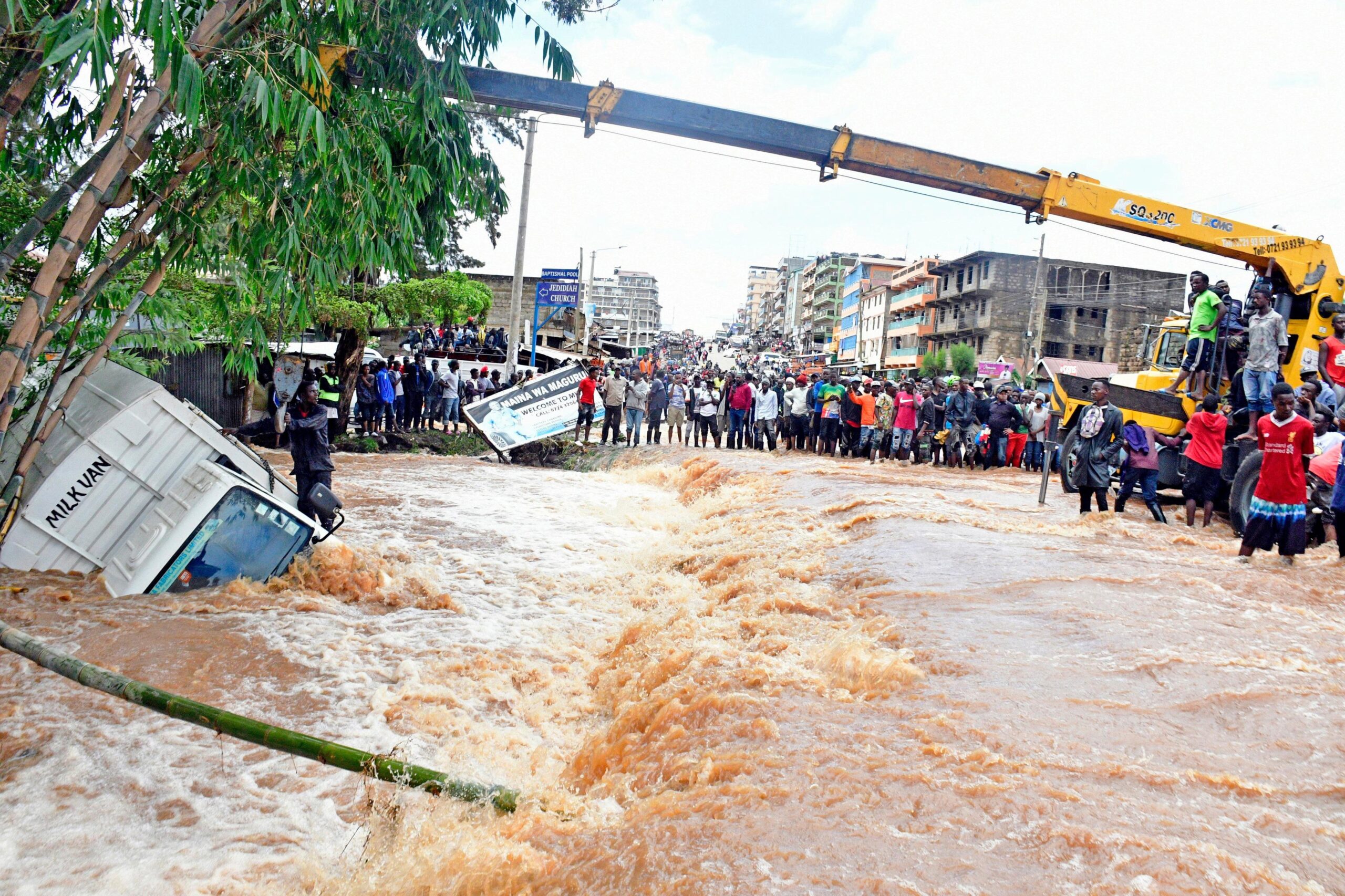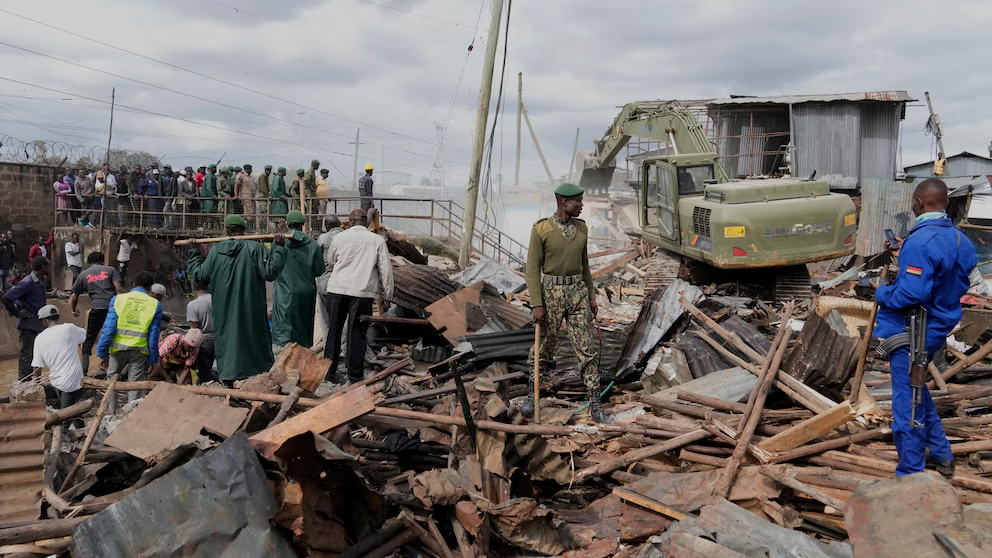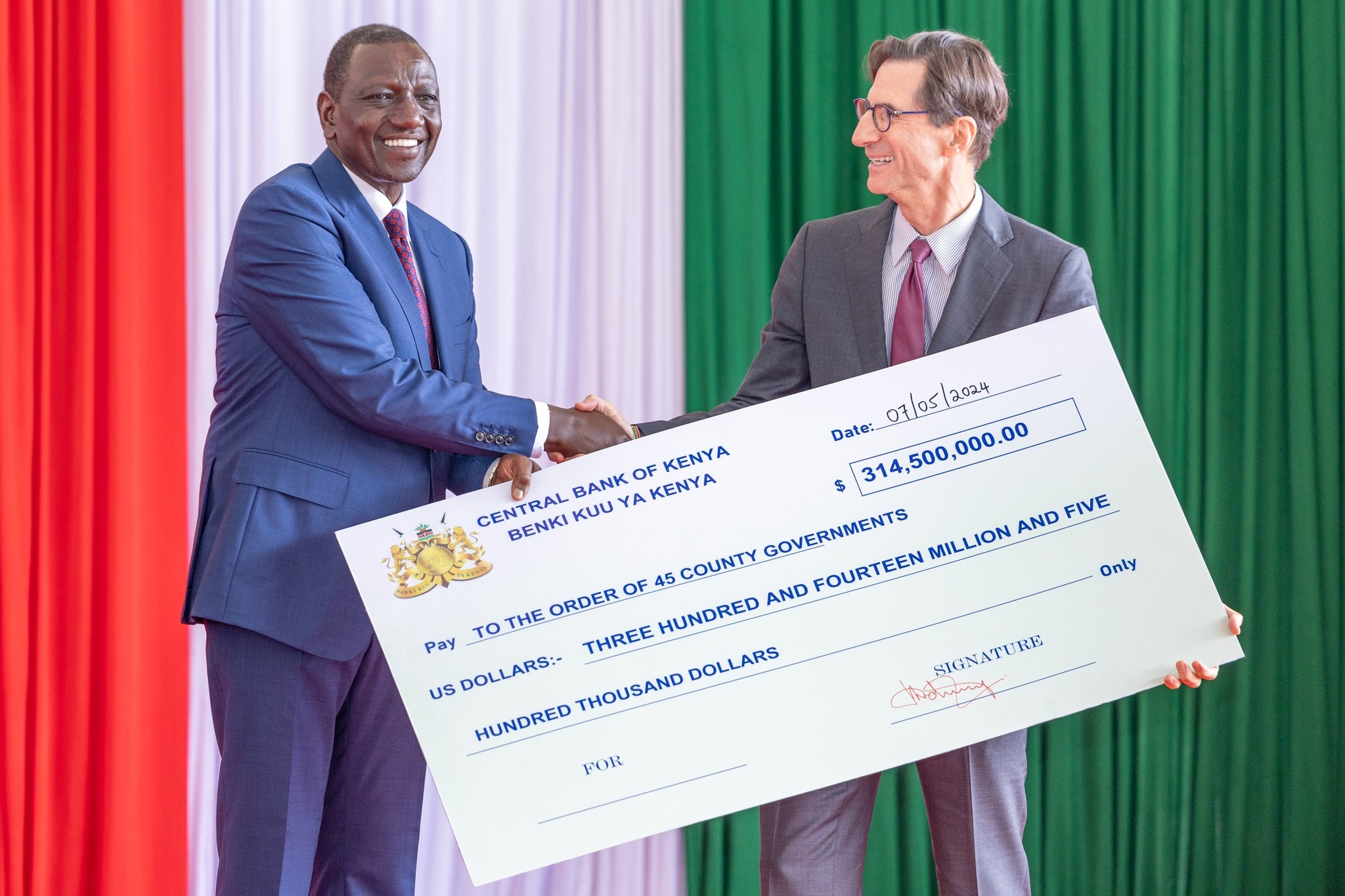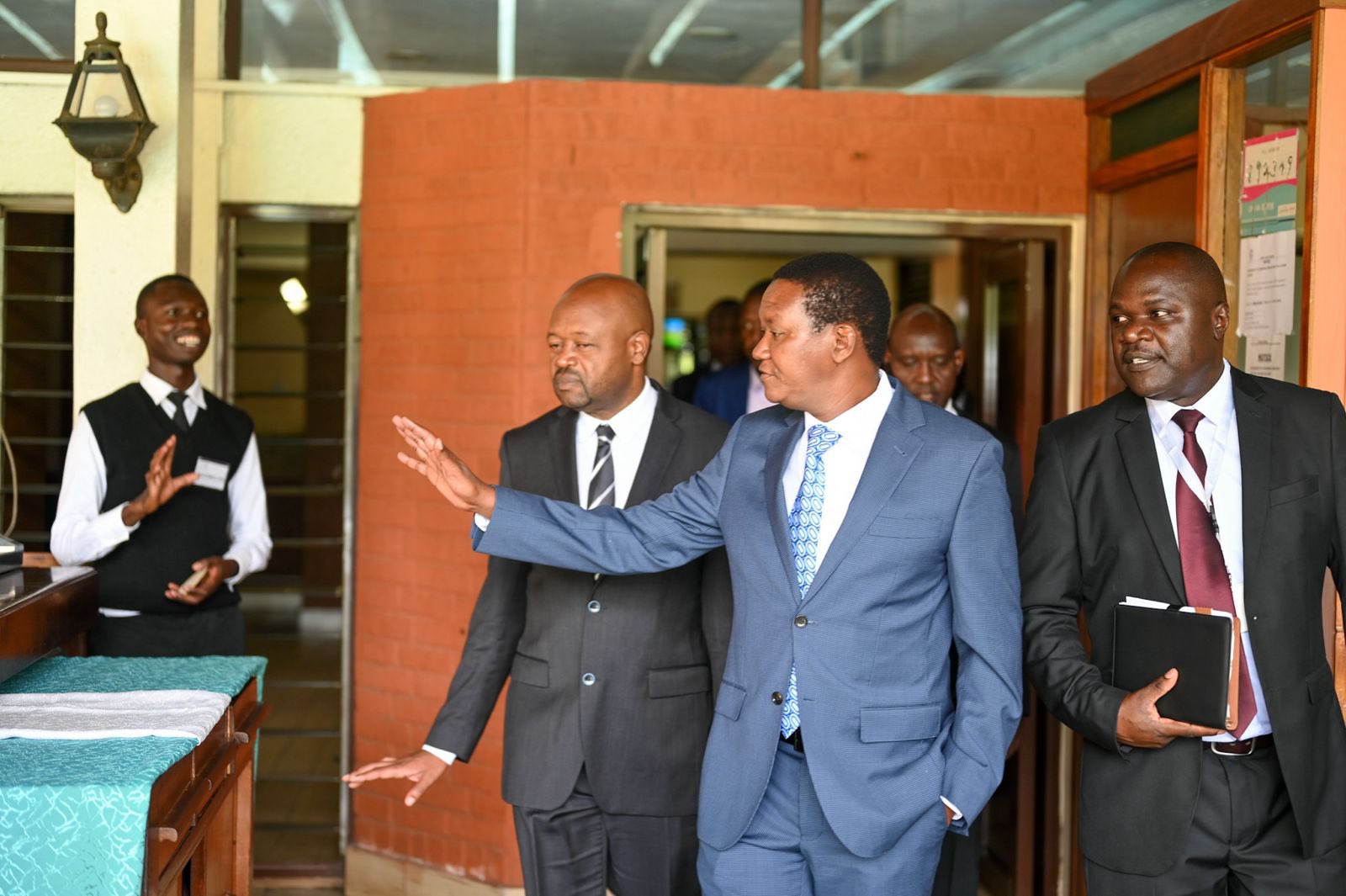In a move towards enhancing climate resilience at the grassroots level, Kenyan counties are set to benefit from Kshs. 7.387 billion in Climate Resilience Investment Grants, thanks to the Financing Locally-Led Climate Action (FLLoCA) Program. This substantial disbursement follows the allocation of Kshs. 979 million in institutional strengthening grants to counties in the previous fiscal year.
The Kshs. 7.387 billion will be distributed among the 44 counties that met the minimum performance conditions set by FLLoCA, with each county’s share determined by its performance score.
To qualify for funding, counties were required to establish county climate finance institutions such as a County Climate Change Fund and County Climate Change Unit. They also needed to conduct a Participatory Climate Risk Assessment and Action Planning at the ward level, fostering a community-centered approach to climate resilience.
An essential condition was that counties allocate 1.5% of their development budget to the County Climate Change Fund, resulting in a total allocation of Kshs. 3 billion in the current fiscal year.
The FLLoCA Program is overseen by the National Treasury and Planning in collaboration with the Ministry of Environment, Climate Change and Forestry and the Council of Governors. Funding for the program is derived from both national and county governments, as well as contributions from the World Bank and the governments of Denmark, Germany, Netherlands, and Sweden. These grants will enable counties to create and implement tailored climate resilience strategies, addressing risks identified by local communities in sectors like agriculture, water, and natural resource management. This will contribute to a more sustainable and secure future for communities across Kenya.
During the grant handover ceremony, President William Samoei Ruto expressed his support for FLLoCA, stating, “FLLoCA resonates with my vision in that it has moved from pilots to scale, targeting communities across Kenya and has done so by working through our public financial management systems. It views communities not just as victims of climate change but as powerful agents in responding to the impacts of climate change.”
Cabinet Secretary for the National Treasury and Economic Planning, Njuguna Ndung’u, highlighted the importance of grassroots involvement, stating, “Meaningful change begins at the grassroots level, and this is why we are committed to involving communities in the decision-making process. By strengthening local engagement, we are equipping citizens with the tools and knowledge to combat climate change and inspiring the next generation of climate leaders.”
Cabinet Secretary for the Ministry of Environment, Climate Change & Forestry, Ho. Soipan Tuya, emphasized the need for grassroots action, saying, “We are at a critical stage in our fight against climate change. It is paramount to take bold, decisive action to safeguard our planet and its inhabitants. The CCRI grants are designed to provide the necessary resources and support to communities and innovators as they develop creative, effective locally-led strategies to combat the impact of climate change.”
H.E. Anne Mumbi Waiguru, Chairperson of the Council of Governors and Governor of Kirinyaga, noted that involving local communities in decision-making allows county governments to develop more effective and context-specific strategies to address the unique challenges faced by each county.
The FLLoCA Program will continue to provide ongoing technical support and capacity-building assistance to County Governments to ensure the successful utilization of the CCIS grants and the implementation of the PCRA process.
The Financing Locally-Led Climate Action (FLLoCA) Program strives to create a more sustainable, secure, and prosperous future for all. By partnering with County Governments, businesses, and communities, the Program works collaboratively to develop and implement effective climate change adaptation and mitigation strategies. Its mission is grounded in the belief that, together, they can build a world that is more resilient in the face of climate challenges while fostering social, economic, and environmental well-being.


